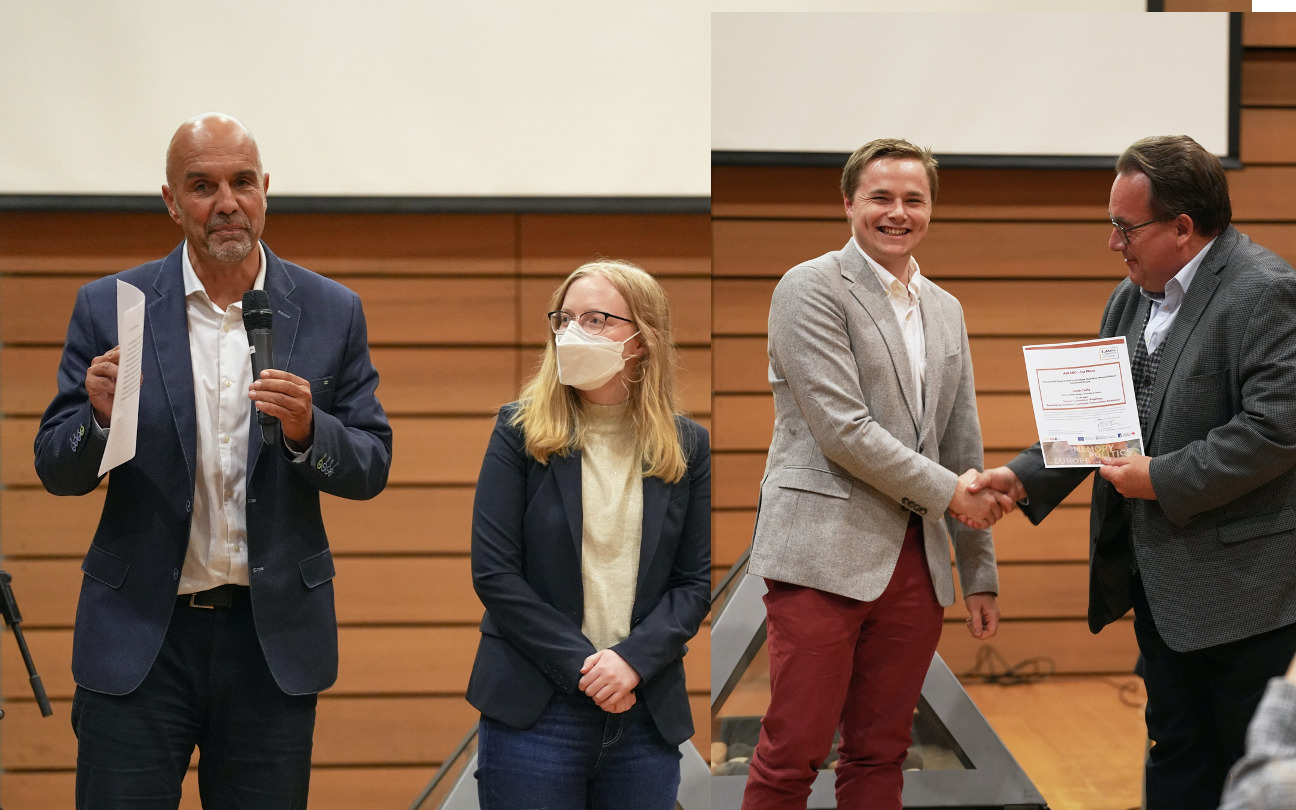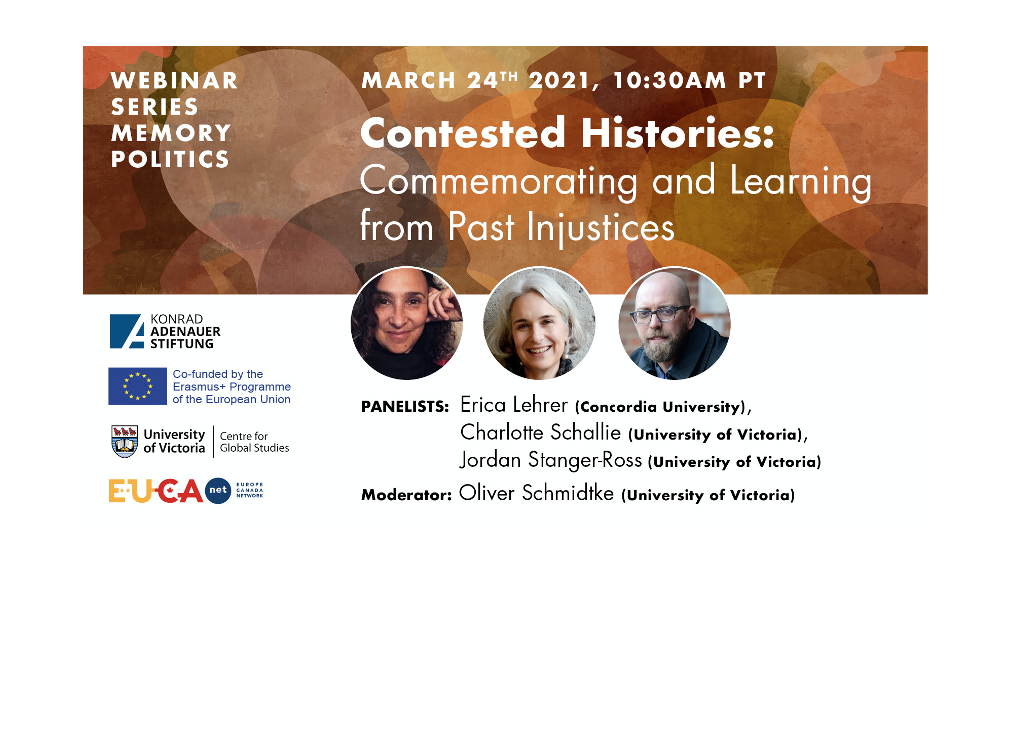Impermanent Apologies: on the Dynamics of Timing and Public Knowledge in Political Apology
James, Matt (2018). Impermanent Apologies: On the Dynamics of Timing and Public Knowledge in Political Apology. Human Rights Review 19(3): 289-311. (with Jordan-Stanger Ross)
Political apologies are commonly imagined as gestures of finality and closure: capstone moments that summate public knowledge. One manifestation of these assumptions is the position that apologies should be timed to come only after appropriate investigation into the wrongdoing has been completed. This article takes a different view, for two reasons. First, even apologies that seem based on robust knowledge can come to seem incomplete or inadequate in the light of subsequent learning and knowledge. Second, because apologies are complexly embedded in longer-term processes of activism and response, they can contribute to their own unravelling by encouraging further consideration and inquiry. We develop these arguments by considering two Canadian cases that illustrate these dynamics: apologies that addressed, respectively, the wartime internment of Japanese Canadians and the policy of forcing Indigenous children to attend residential schools.









